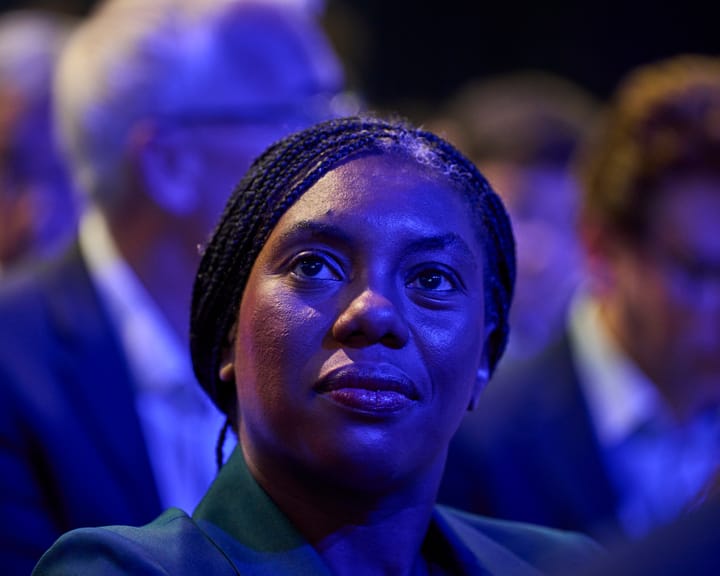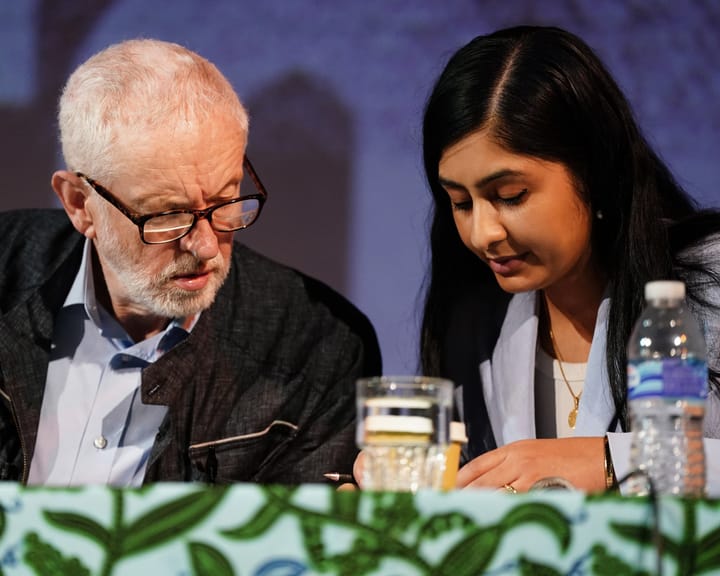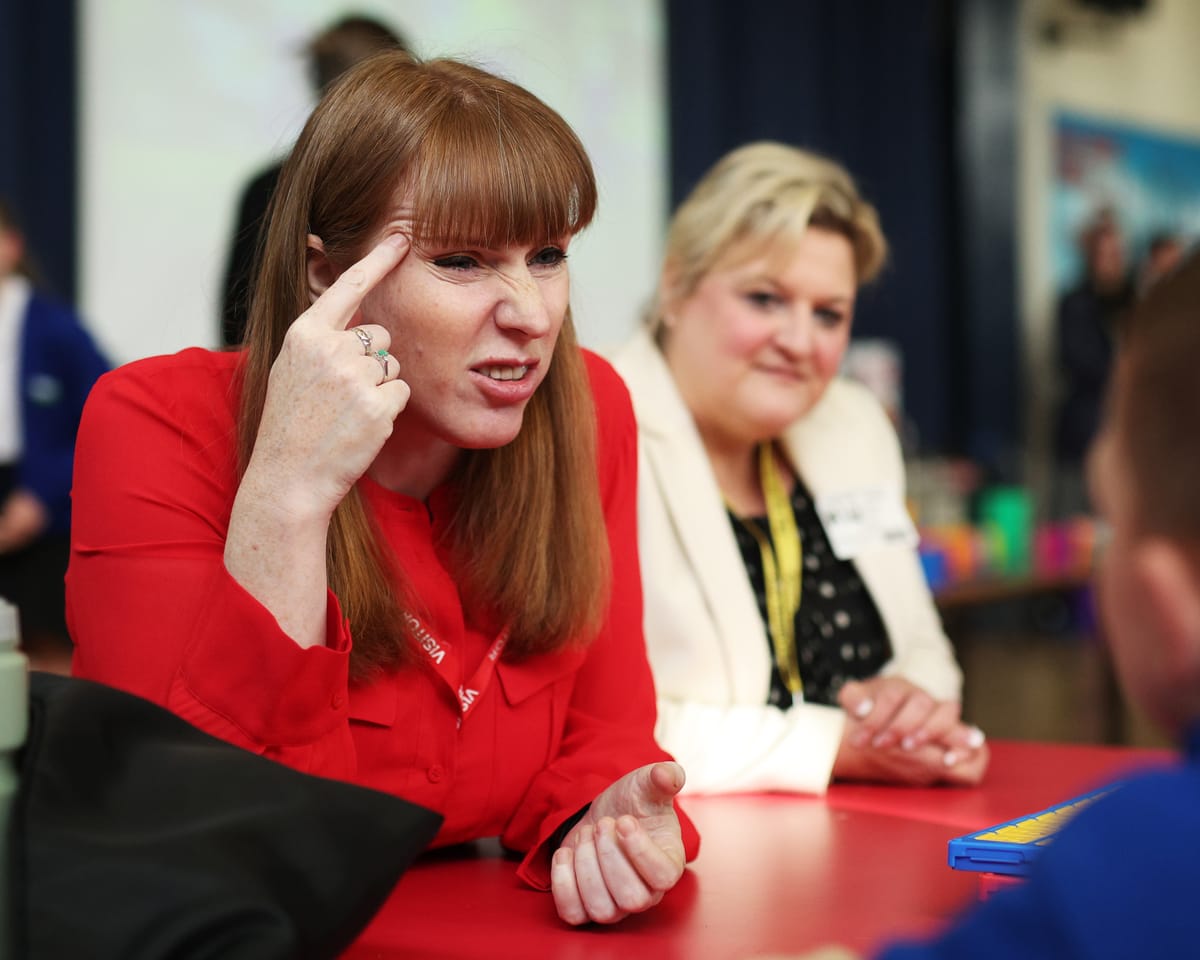When Nadhim Zahawi faced scrutiny over unpaid taxes, Angela Rayner was among the first to apply political pressure.
“Nadhim Zahawi’s explanation about his taxes is inconsistent,” she said. “After repeated denials, the truth has come out. His position is no longer sustainable. Rishi Sunak must remove him from the cabinet.”
Her stance was similar in 2018 when Jeremy Hunt received a discount after purchasing multiple properties from a Conservative supporter. “Jeremy Hunt avoids £100,000 in taxes by using a bulk property purchase loophole,” she posted.
Rayner’s sharp critiques of the Conservatives made her a strong asset to Keir Starmer, but they also left her open to accusations of hypocrisy as her own tax issues emerged.
When an independent review found she had broken ministerial rules on Friday, the deputy prime minister felt obliged to follow the same advice she had often given others—and resigned.
“I acknowledge that my recent property dealings did not meet the required standards,” she wrote in her resignation letter.
Starmer and his deputy have always been an unconventional pair.
Both had challenging backgrounds: Starmer grew up with a mother in poor health and a distant father, while Rayner was raised by a mother with severe depression and became a parent at 16.
Yet they responded differently—Starmer developed a reserved demeanor, focusing intensely on work, while Rayner became an outspoken union representative, her approachability contributing to her political appeal.
Starmer is known for his restrained style, while Rayner stands out with bold attire and a more relaxed public image.
The Labour party’s rules brought them together, electing them as leader and deputy leader on the same day but through separate votes.
Though both leaned toward the party’s soft left, Rayner was seen as more firmly left-wing due to her union ties. Their relationship was also complicated by her shared living arrangement with Starmer’s former leadership opponent, Rebecca Long-Bailey.
“Their partnership was political necessity; they’ve called themselves an odd pairing,” said Luke Sullivan, Starmer’s former political director. “But they also recognized each other’s strengths.”
Any mutual respect suffered in 2021 when Starmer tried to reassign Rayner after Labour’s loss in the Hartlepool byelection.
Rayner challenged the move, retaining her position as elected deputy leader—a role Starmer could not revoke. She ultimately secured an expanded role overseeing Michael Gove’s responsibilities.
Read next

"Widow to forfeit half of pension scam compensation to taxes"
The relatives of a man who lost his retirement savings after becoming entangled in the Norton Motorcycles pension scheme fraud are set to forfeit nearly half of their compensation due to an obscure tax regulation.
After a prolonged effort to secure payment from the Fraud Compensation Fund (FCF), Robert Dewar’

"Has Kemi Badenoch Ended One Nation Conservatism?"
In one interpretation of the Conservative Party's electoral successes, its last three victorious leaders—John Major, David Cameron, and Boris Johnson—each entered Downing Street promoting unity and broad-based principles.
However, this year's gathering of Conservative members has been defined by tougher language on asylum policies

Zarah Sultana and Corbyn reconcile, poised to co-lead new party
Zarah Sultana and Jeremy Corbyn Reconcile Ahead of New Political Group Launch
Zarah Sultana has stated that she and Jeremy Corbyn have resolved tensions in their joint leadership of a new political initiative, comparing their dynamic to that of the Gallagher brothers from Oasis.
Speaking alongside Corbyn at the *World

